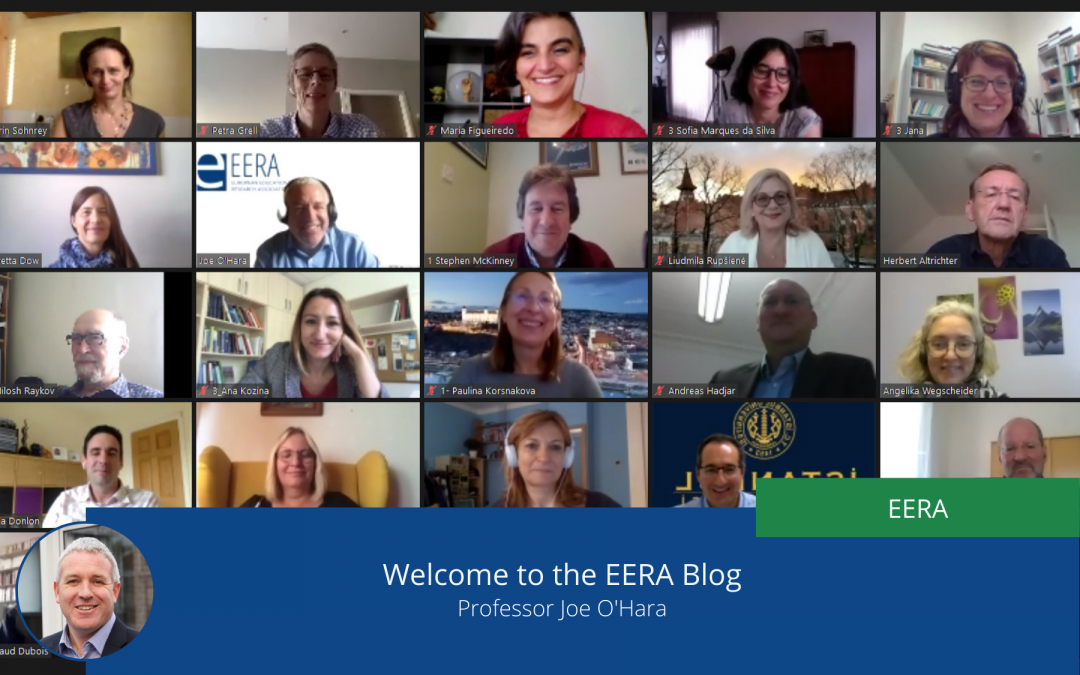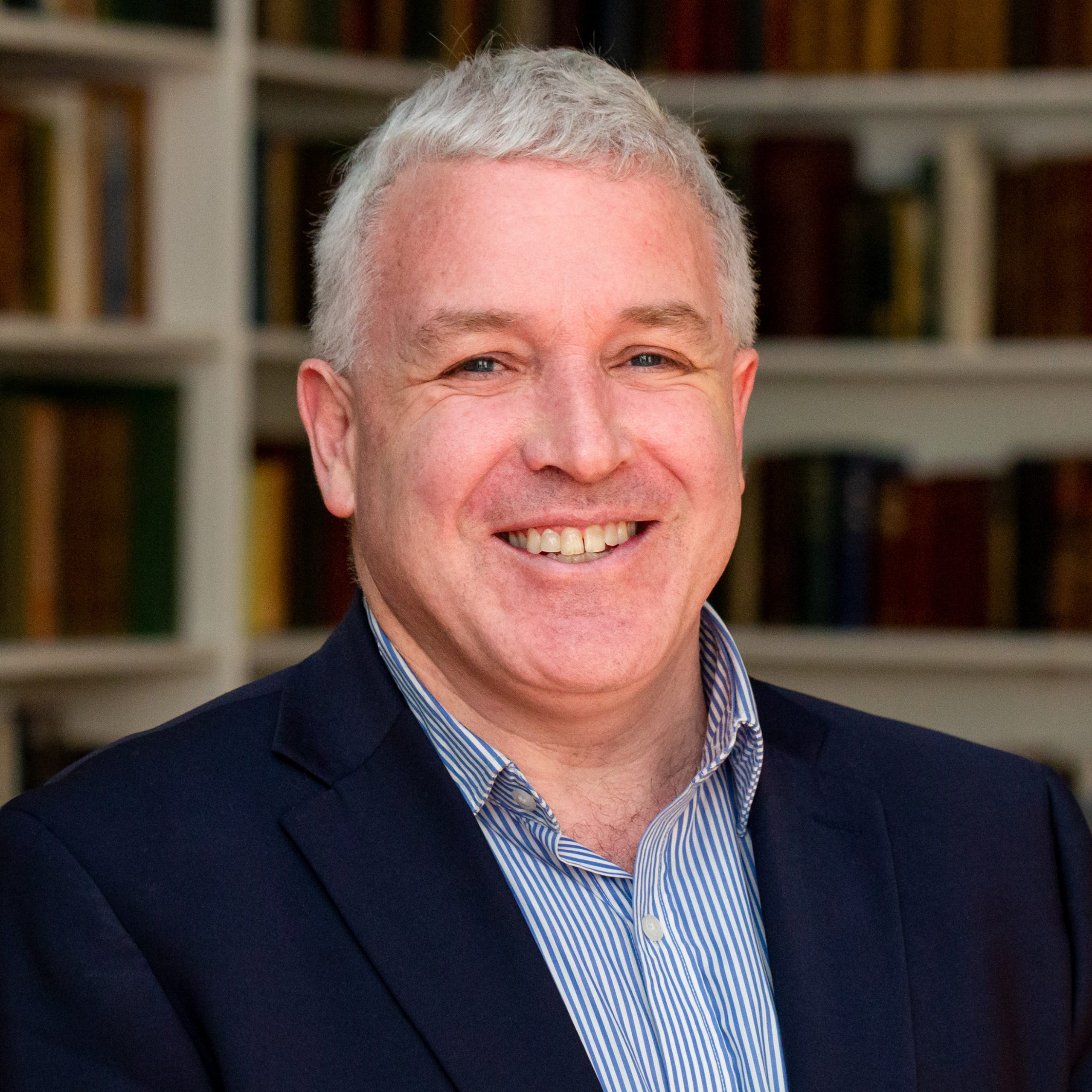
Welcome to the EERA Blog
Hello and welcome to the European Educational Research Association (EERA) blog. If this is your first ‘encounter’ with EERA – welcome. If you have engaged with us through our conference, our journal, one of our networks or one of our national associations, welcome back. The EERA blog is an exciting new initiative for us and one that we have been working on for quite some time.
Why start a blog?
So why, you might ask, is EERA starting a blog? Perhaps the most honest answer to this is because we feel we need to. EERA is an incredibly diverse organisation. We have 42 member associations, drawn from 37 countries or regions, who we conservatively estimate represent over 20,000 educational researchers. We also have 33 active networks who are engaged in the encouragement and dissemination of cutting edge educational research. What unites this diverse community of researchers is a commitment to conducting high-quality educational research. Indeed the EERA motto is – ‘Research for the benefit of society’.
While this is a useful summary of our intent, it also hints at some of the challenges that we face. Put simply, while we are expert at production, publication and dissemination of educational research through the more traditional academic channels of conferences, journal and book publications and reports, we are perhaps not as adept at sharing our research beyond the relatively rarefied confines of academia. This is where the blog comes in.
Our vision for the blog
Our vision for the blog is one that sees it as a place where high-quality educational research can be presented in a manner that is relevant to a wide range of individuals and groups with an interest in education in all of its diversity. We want the postings, ideas and insights to resonate beyond our traditional academic audiences while at the same time offering our academic colleagues the opportunity to engage with ideas and concepts in a new way. We see the blog as a space for debate, dialogue and even disagreement, but at its heart, we envision the blog as a place for communication.
If we are to bring the resources, values and insights of the broader EERA community to the educational challenges facing all of our societies in this third decade of the twenty-first century, we must find a way of speaking to communities who are interested and inspired by this work. We hope, and indeed intend, for the blog to be the vehicle to achieve this.
Bringing the EERA family together
So how will we do this? Our blog will, in the first instance, draw from our wide EERA family. We will have postings from our networks, from our national associations, from our journal editors and editor of our book series, and from researchers associated with EERA.
We hope to prioritise the work of our emerging researcher community and to give them a platform to share their exciting and innovative research ideas and questions. We already have a substantial number of postings submitted by members of our Emerging Researchers group, and we are looking forward to seeing these on the blog in the coming weeks.
Our ERG community has also provided us with a wonderful list of questions about the practice, challenges, relevance and opportunities facing education and educational researchers today. We intend to ask our more experienced researchers to engage with these and answer the queries about, for example, conducting research, imposter syndrome, navigating the strange career path of the academic, translating good research into good practice, influencing policy, and surviving as a researcher to name but a few.
Featuring our national associations
We also intend to bring the history and culture of our various national associations to a broader audience. EERA is lucky to be able to draw on the structures, experiences, and contextually rich knowledge of researchers from Galway to Vladivostok, from Ankara to Jyvaskyla, and we want to share this with a wider audience. For this reason, we will have a regular series of postings where our national associations tell us about themselves, their research traditions, and the challenges and opportunities that they face. We will also be drawing on the dynamic research cultures represented by our 33 networks, and each of these will be offering regular posts related to their areas of interests.
The future
Is that all? Well, not really. We see this as a dynamic space, and we hope that it will go in directions that none of us have thought of yet. To help this happen, we invite you to submit your ideas for blog posts and to engage in the discussion that will take place across our social media channels.
We look forward to seeing you here regularly and also to meeting you at an ECER, to reading your work in the EERJ or to simply reading your responses to the ideas that are put forward here.
Thank you for visiting our blog, and we hope to see you again!

Professor Joe O'Hara
Chair of Education, Dublin City University
Prof Joe O’Hara holds the Chair of Education and is a member of the School of Policy and Practice in the DCU Institute of Education. He is Director of EQI- The Centre for Evaluation, Quality and Inspection and a member of the Centre for Culturally Responsive Evaluation and Assessment at the University of Illinois at Urbana Champaign.
Joe O’Hara is a Past President of the Educational Studies Association of Ireland was a member of The Teaching Council of Ireland from 2012-2016. He was a member of the Board of Directors of the Association for Personal Services Overseas (APSO) from 2002-2004 and represented Ireland on the Council of the European Educational Research Association from 2008 to 2013.
Joe O’Hara was Head of the School of Education Studies, DCU from 2010 to 2016. He is a Director and Founding Member of the Irish Evaluation Network and Is a member of the Board of the Centre for Talented Youth, Ireland. He has worked as an evaluator and consultant for a variety of national and international bodies including Irish Aid, the UNDP, the International Aid Network and the EC TAIEX Programme.
Twitter: @joeoharadcu
